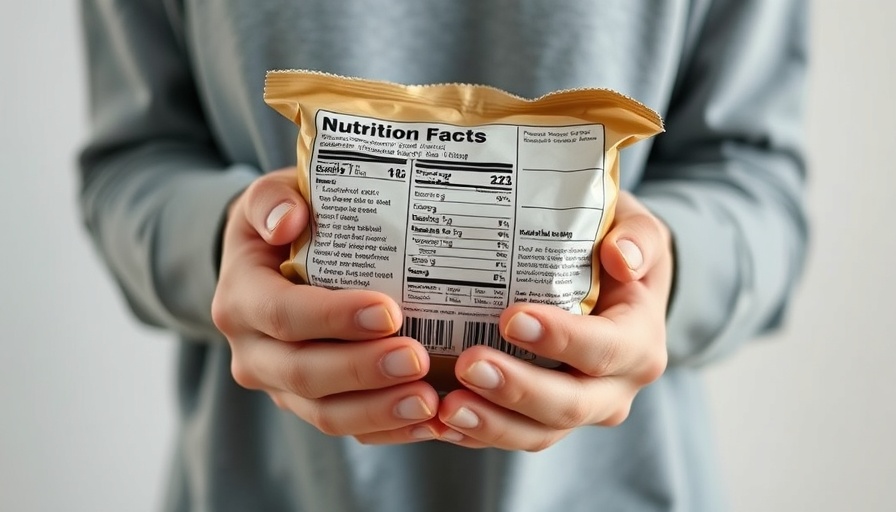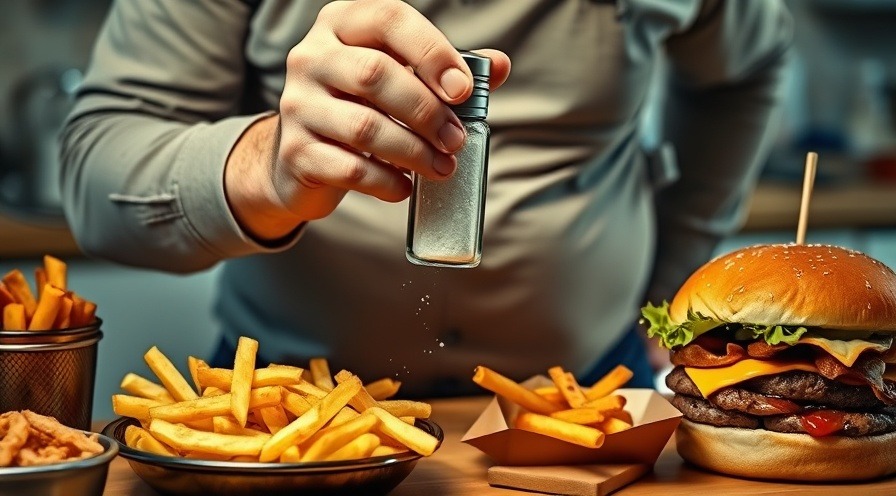
The Impact of Sugar Cravings on Your Health
Sugar cravings can be more than just a guilty pleasure; for those with diabetes, they can pose serious health risks. Understanding the driving forces behind these cravings is essential for managing diabetes effectively. Research indicates that a staggering number of adults experience cravings for sweets, with estimates that 97% of women and 68% of men have reported such desires. As diabetes rates continue to rise globally, the link between sugar cravings and this chronic illness becomes even more crucial to address.
Why Do We Crave Sugar?
Sugar cravings stem from a mix of psychological and physiological factors. On a psychological level, stress, emotional eating, and established habits can trigger a desire for sugary foods. For instance, many people reach for chocolate or cookies during stressful moments as a form of comfort food.
Physiologically, the body uses glucose as a primary energy source. When blood glucose levels dip, the body sends signals for a quick boost, often leading to intense cravings for sugary snacks, which can create a vicious cycle between low and high blood sugar levels. Hormonal changes, like those women experience during their menstrual cycles, can also ignite a yearning for sweets. Consider this: when blood sugar dips, the brain—desiring a quick energy fix—responds by craving sugar, making the importance of blood sugar balance evident.
Understanding the Craving-Health Connection
For individuals with diabetes, managing hunger becomes a balancing act. When cravings hit, especially in the morning or after a meal, they can interfere with effective blood sugar management. Engaging in mindful eating practices, like eating small balanced meals throughout the day that include proteins and healthy fats, can help maintain stable blood sugar levels and keep cravings at bay.
How to Tame Those Sugar Cravings
Managing sugar cravings is vital for wellness, especially for diabetics. Here are some actionable tips to conquer them:
Balance Your Meals: Ensure your meals are rich in protein, fiber, and healthy fats. This combination keeps you feeling full longer, which can help stave off cravings.
Stay Hydrated: Sometimes, our bodies confuse thirst with hunger. Keeping hydrated can help reduce cravings.
Practice Mindfulness: When cravings strike, take a moment to assess if you are genuinely hungry or just craving sweets due to stress or boredom.
These strategies not only promote better management for those with diabetes but also lead to improved overall health. The more informed you are about your cravings, the more you can redirect them into healthier habits.
Future Predictions: Where Do We Go From Here?
As our understanding of nutrition and cravings evolves, innovative approaches to controlling sugar intake will emerge. With the uptick in wearable health technology, monitoring blood sugar levels in real-time will become more accessible, allowing individuals to make informed food choices swiftly. Greater knowledge of genetics and how they influence cravings will also inform personalized diet plans for handling diabetes.
Conclusion: Empower Yourself
Awareness and action are crucial in managing sugar cravings, especially for those with diabetes. By embracing a balanced diet, staying hydrated, and employing mindfulness techniques, you can gain control over your eating habits and protect your health. If you find yourself struggling with sugar cravings and diabetes management, you may want to book a call with a health professional to explore personalized strategies. You are not alone in this journey; understanding and managing your cravings is the first step to better health!
 Add Row
Add Row  Add
Add 




 Add Row
Add Row  Add
Add 

Write A Comment